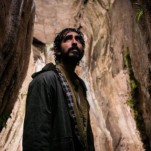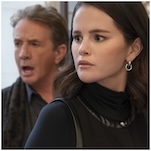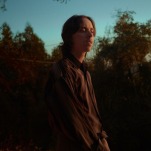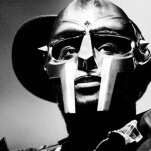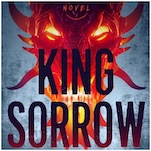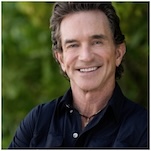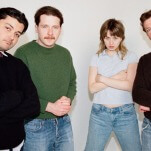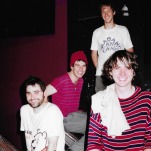Godzilla
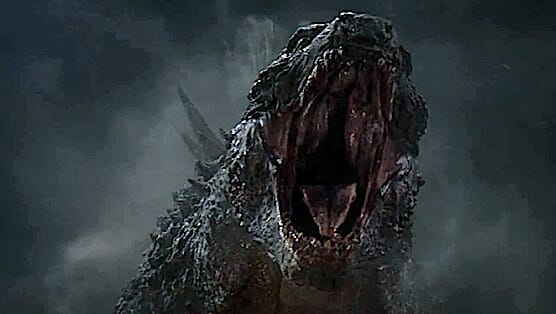
If you were to poll 100 audience members walking into a theater Friday night to see Godzilla, I doubt a single one of them would cite “the emotional catharsis of a reunited family” as the thing they were most looking forward to witnessing. In fact, scratch that 100 figure—make it 1,000. Make it 10,000. You know what you want to see in Godzilla. Producers at Legendary Pictures must know what you want to see in Godzilla. I don’t need to say it, because you already know. So why must we focus with such gusto on The Adventures of the Uninteresting People?
Godzilla is a film about delayed gratification, the promise of a titanic spectacle that eventually does arrive, if just barely. At times it’s cheekily clever in its subversion of the audience’s expectations for a summer blockbuster, and one might almost accuse it of cinematic trolling, setting you up again and again with the promise of an eventual monster brawl payoff before a short delivery and conclusion. It back-loads every bit of your eventual opinion of the flick into the final 30 minutes, but what is the audience supposed to make of the 90 minutes that precede it? Those 90 minutes are a problem.
Rarely has a summer blockbuster dangled a powerhouse actor as bait like Godzilla does with Bryan Cranston. Playing Joe Brody, a nuclear physicist who loses his wife in a kaiju-related “natural disaster,” he’s the film’s early emotional core and plot-driver as a man obsessively searching for the truth. Go back and watch some of the trailers: His narration is central to every one. When he stares into the eyes of his son, Ford (Aaron Taylor-Johnson), and proclaims his determination, the film feels like it suddenly has dramatic electricity for the first and only time. Unfortunately, that’s also when the rug is pulled out from under your feet, and Cranston is utterly disposed of from the film’s plot. By the end of the film, the audience has forgotten he ever existed.
What we’re left with is Taylor-Johnson, the film’s actual star, presumably chosen because the main tasks required of this character were “running” and “jumping” rather than “acting” or “emoting.” Elizabeth Olsen also appears as his wife, but she doesn’t have a single thing that might be considered a recognizable character trait, other than a presumable desire to not be eaten by monsters. Together with their 5-year-old son, they form a family of American stock characters. If Taylor-Johnson were replaced midway through the film by Sam Worthington, it’s hard to believe anyone would notice or care.
-

-

-

-

-

-

-

-

-

-

-

-

-

-

-

-

-

-

-

-

-

-

-

-

-

-

-

-

-

-

-

-

-

-

-

-

-

-

-

-








